President Trump is threatening to withhold government funding from American schools if they continue to teach what he considers “critical race theory” and other topics pertaining to race and sexuality.
In a separate plan unveiled Wednesday, antisemitism on college campuses will be vigorously combated, with criminal charges and the cancellation of international students’ visas if they are discovered to be “Hamas sympathizers.”
Mr. Trump signed executive orders outlining both measures on Wednesday.
Though it’s unclear how much authority he has to implement the plans, the initiatives aim to fulfill several of the Republican president’s key campaign pledges about education.
Under his decree, federal funds cannot be utilized for “indoctrination” of youngsters, including “radical gender ideology and critical race theory.”
The order would be enforced through civil rights legislation that prohibit discrimination on the basis of race and sex, and critical race theory is referred to as a “inherently racist policy.”
The directive cites Harrisonburg City Public Schools in Virginia as an example, where teachers are required to utilize students’ preferred names and pronouns.
Schools should “disrupt the gender binary” by educating children to embrace multiple gender identities, according to another guideline at Madison Metropolitan School District in Wisconsin, the order said.
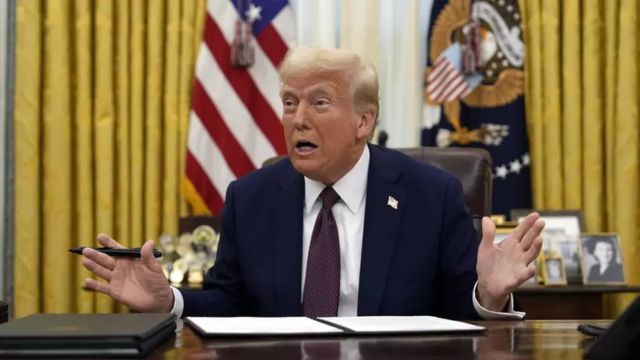
The Office for Civil Rights of the Education Department looks into claims of civil rights breaches and has the authority to impose sanctions, including the loss of all federal funds, but this measure has hardly ever been applied and requires a judge’s approval.
According to Human Rights Watch researcher and advocate Trey Walk, the directive is an attempt to censor instruction on racism and race.
“Students have a right to learn about how discrimination can be entrenched in law and society. If the US denies young people this knowledge, it has little hope of eradicating racism,” he stated.
Additionally, Mr. Trump gives the education secretary 90 days to develop a plan to “end indoctrination in K-12 education.”
The Senate has not yet scheduled a confirmation hearing for Linda McMahon, the billionaire professional wrestling magnate that Mr. Trump chose as his director of education.
Mr. Trump declared during his campaign that he would issue an order “on day one” to stop federal funding for educational institutions that promote “inappropriate” or critical race theory.
Every year, the federal government gives schools billions of dollars, but state and local governments contribute the great majority of their funding.
The legislation capitalizes on a surge of conservative ire directed at what some perceive to be overly liberal classroom instruction.
The teaching of “divisive concepts” or critical race theory in public schools and universities is prohibited by laws or regulations in an increasing number of Republican states.
The regulations, according to their detractors, place ambiguous limitations on educators and stifle debates on history and other topics.
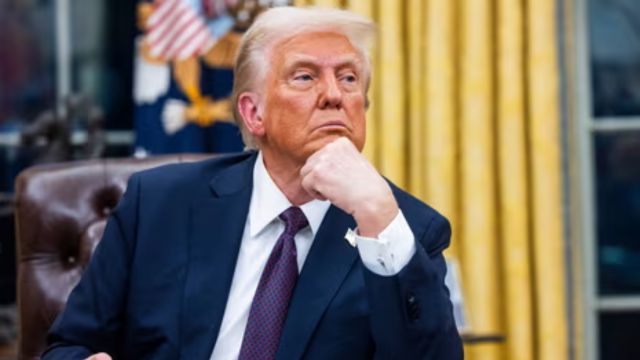
Though it refers to a sophisticated academic and legal framework based on the notion that racism is ingrained in the country’s structures, conservatives occasionally use the term “critical race theory” as a catch-all for topics they don’t want to teach in the classroom.
In order to combat antisemitism, Mr. Trump’s plan would “marshal all federal resources” and prompt the Justice Department to look into and prosecute offenders on American colleges.
It demands the deportation of foreign nationals who “violate our laws,” citing earlier threats by Mr. Trump to cancel international students’ student visas for attending pro-Palestinian demonstrations.
The move by Trump will “protect law and order, quell pro-Hamas vandalism and intimidation, and investigate and punish anti-Jewish racism in leftist, anti-American colleges and universities.”
Civil rights organizations quickly criticized it, arguing that free speech rights guaranteed by the constitution have protected generally nonviolent university protests.
The Council on American-Islamic Relations’ national deputy director, Edward Ahmed Mitchell, called the move racist and incorrectly labeled demonstrators as “pro-jihadist” or “pro-Hamas.”
“These college students were Jewish, Muslim, Black, Palestinian and various other races who were simply protesting what they viewed as a genocide in Gaza,” Mitchell stated. “They are no different than the students who protested Vietnam or segregation or apartheid in South Africa.”
A surge of pro-Palestinian tent encampments that resulted in around 3,200 arrests was one of the emotive protests on American campuses caused by tensions over the Israel-Hamas war.
Trump Administration Launches Immigration Arrests in Chicago
Following the Oct. 7, 2023, attack on Israel by Hamas, the Biden government launched over 100 investigations into suspected antisemitism and Islamophobia at colleges and universities.
Before Mr. Trump entered office, a number of colleges came to agreements to resolve the lawsuits out of concern that he would impose harsher penalties.
A directive from Mr. Trump’s first term that established the 1776 Commission to advance “patriotic education” in American schools was also resurrected by the White House on Wednesday.
Oklahoma Board of Education Votes to Mandate Citizenship Proof for Parents Enrolling Students
Both the directive and the commission’s history teaching guide were canceled by Biden. The manual contended that the civil rights movement went against the “lofty ideals” upheld by the Founding Fathers and minimized America’s involvement in slavery.
Historians widely criticized it, claiming it was out of date and disregarded decades of research.

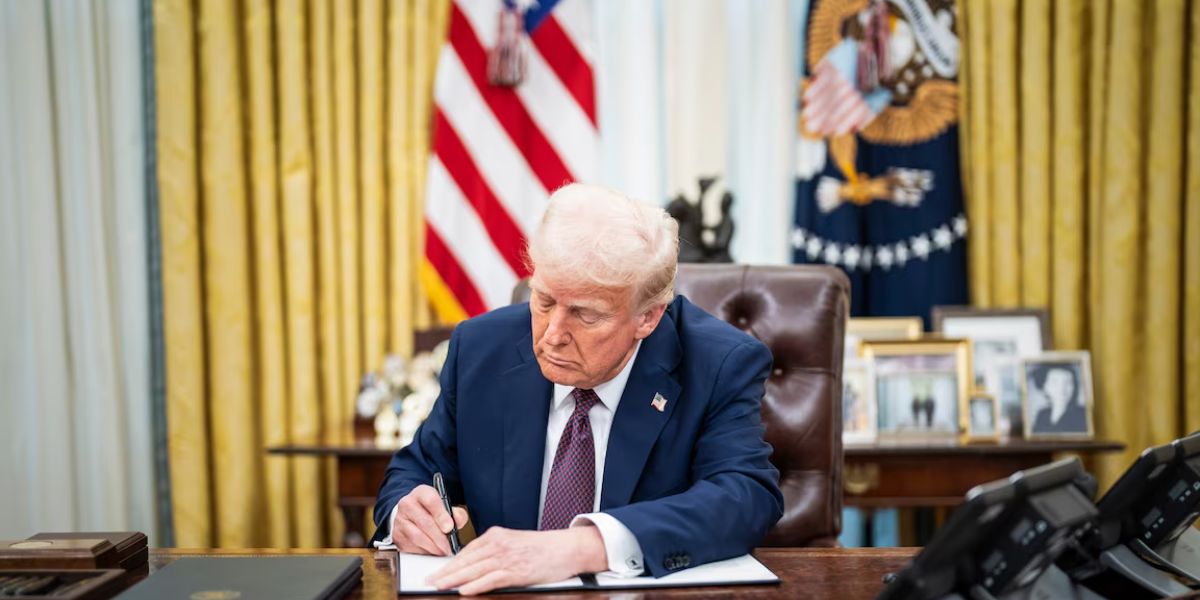

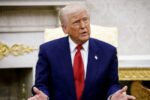

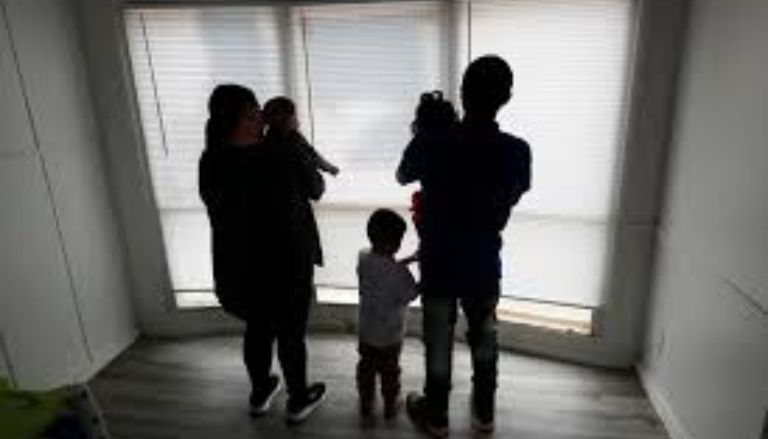
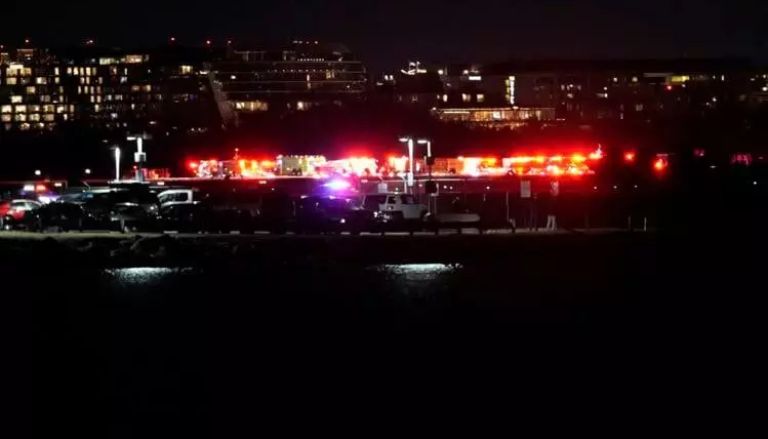
Leave a Comment